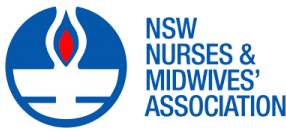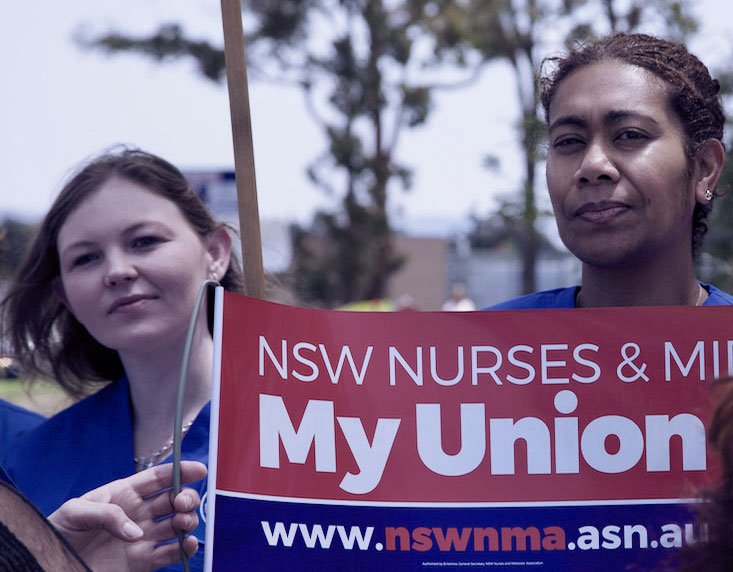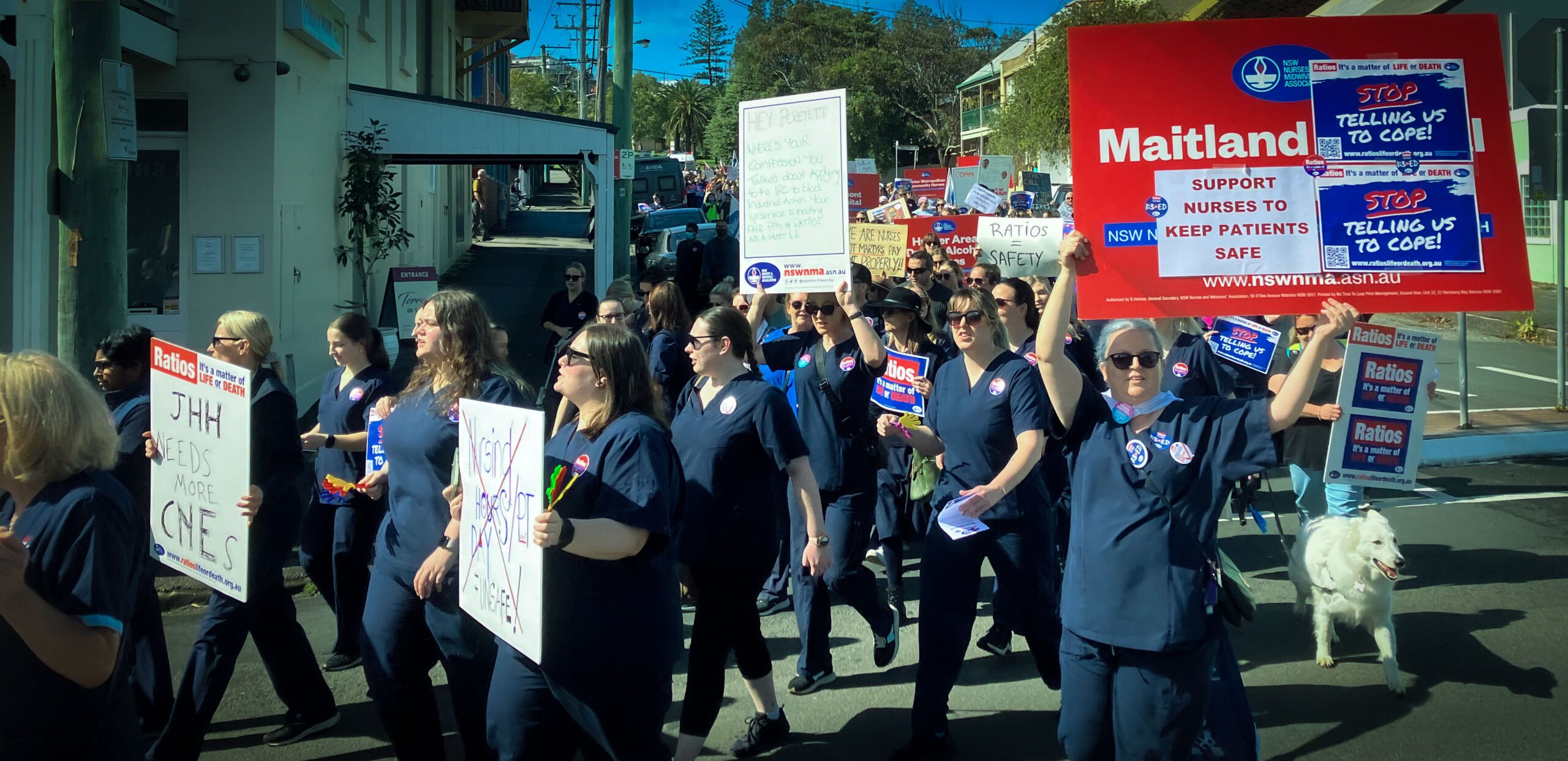To coincide with the International Day of the Older Persons, the NSW Nurses and Midwives’ Association (NSWNMA) has released a report today that contains widespread recommendations for both the staffing and regulation of aged care and disability services.
‘Solutions from the frontline: Practical approaches to reduce the risk of abuse in aged and disability services’ is based on findings from an NSWNMA member survey and follows on from recent state and federal inquiries into elder abuse and the aged care workforce.
Of the 323 registered nurses, assistants in nursing, enrolled nurses, managers and clinical educators surveyed, one in five said they had witnessed elder abuse by people acting as appointed decision-makers. Almost 70 per cent thought there should be legislation to protect people who can no longer make their own decisions and 75 per cent believed audits should focus more heavily on identifying ‘hidden’ areas of abuse, such as neglect, poor wound care and staffing shortfalls.
Feedback received from the survey:
“I’ve seen cases of families helping themselves to the bank books and accusing staff of interfering.” – Assistant in Nursing, Residential Aged Care Facility (RACF)
“I work in an emergency department and looked after a man physically and emotionally abused by his brother who is also a power of attorney.” – Registered Nurse, Public Hospital
“Spot checks are known about well in advance. So many more staff are on the floor on the day.” – Assistant in Nursing, RACF.
The report offers 14 recommendations from protective legislation and strengthening of regulation to licensing and safe staffing ratios.
NSWNMA General Secretary, Brett Holmes, said the report highlighted the daily challenges faced by staff working in residential aged care facilities and the types of elder abuse encountered and experienced by those they care for.
“The results confirmed what we already knew from our close relationship with our aged care members: that they face daily challenges managing aggressive behaviours and are often at risk of assault themselves,” Mr Holmes said.
“Members told us that not only were they dealing with elder abuse on a daily basis but that they also struggle to know how to advocate for people when their relatives, or the aged care providers caring for them are not making decisions that are in their best interests.
“By highlighting the issues facing frontline workers and the people they care for, we hope to inform the community and encourage the government to rethink the way some of these services are delivered.”
The report is the second released by the NSWNMA this year and is available to download online. In the initial report, ‘Who will keep me safe? Elder Abuse in Residential Aged Care’, the NSWNMA identified the provision of adequate staffing and skill-mix as the top priority for aged care providers to help tackle the issue of resident to resident and resident to staff abuse.
Download the media release: Survey into abuse in aged and disability services reveals systemic problems







